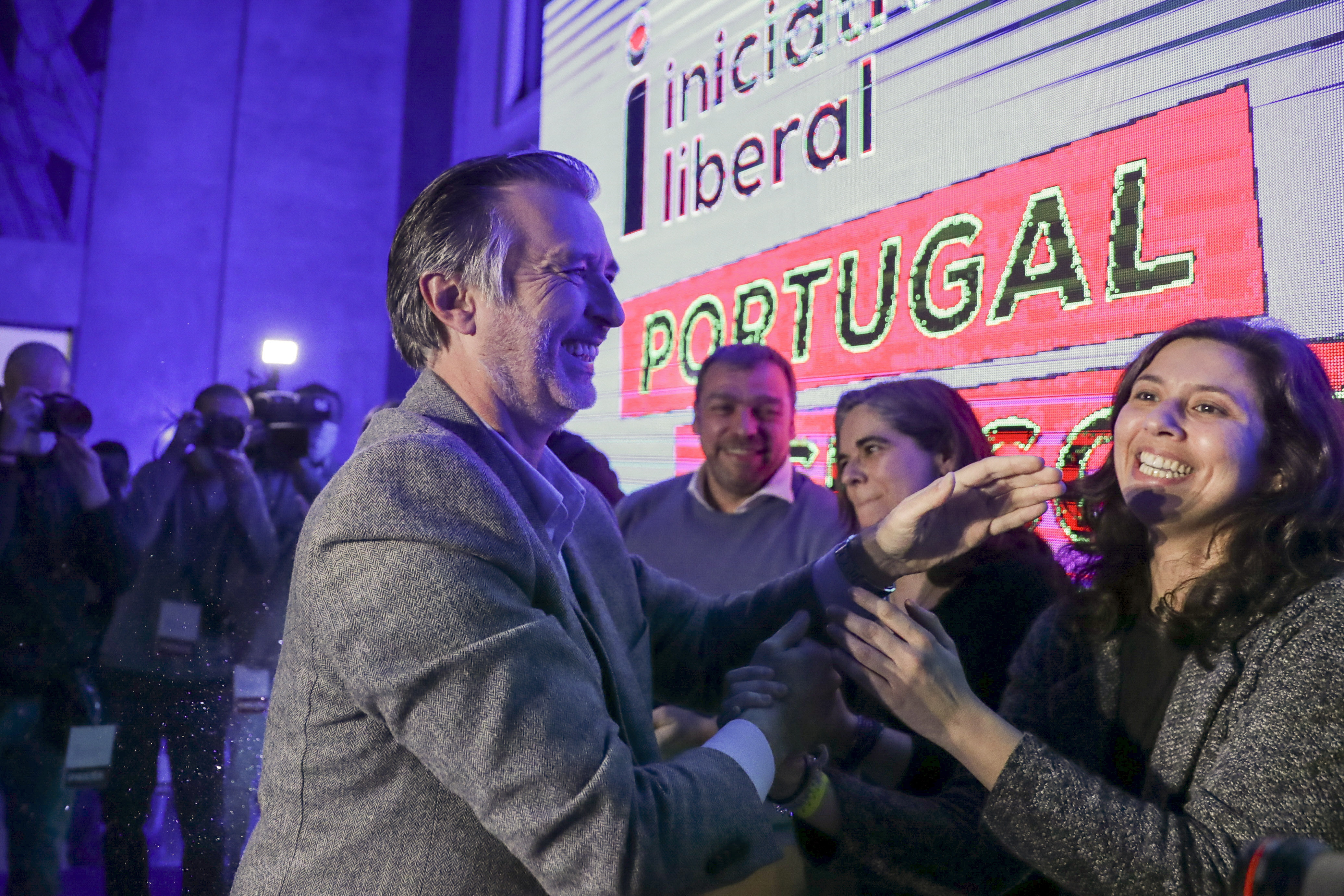Portugal
Portuguese liberals on the upswing

Last Sunday, Portugal held elections for a new parliament. The election campaign in Portugal had a single theme: finding a constellation that would make the country governable. Most recently, the ruling Socialists ("Partido Socialista," PS) had failed to get the 2022 budget through parliament.
In a ballot marked by abstention - more than 49% of Portuguese chose not to go to the polls - the Partido Socialista, Portugal's center-left party, a sister party to Germany's SPD, achieved a majority of 41.68% of the vote, equivalent to a narrow absolute majority in parliament, with 117 seats out of a total of 230. It was a night of great emotions, because the victory of the Socialist Party PS was possible, but the absolute majority seemed to be a mirage.
However, at the end of the campaign, an unexpected turnaround in voters' favor apparently occurred, leaving the second strongest force, the conservative Social Democratic Party (PSD) (27.80%) without a chance to form a coalition government - a wish expressed earlier in the campaign. This victory now gives the old and new ruling party an overall majority for the second time, following a minority government that was recently tolerated, and secures a strong new mandate for Prime Minister Antonio Costa. He could soon go down in history as the prime minister who ruled Portugal for a decade. Costa ended election night with the promise that "absolute majority is not absolute power."
How has the composition in parliament changed?
Concern and joy characterize the election results: with the extreme right-wing Chega party and the Liberals, new political forces have been strengthened, overtaking left-wing parties at the same time. The Communists lost half of their deputies in Parliament (from 12 to 6 deputies). In addition, after more than 40 years, the conservative and Christian Democratic People's Party (CDS) left Parliament.
The results of the far-right party "Chega" (Enough), which became the third strongest party in Portugal, are worrying. Its leader, André Ventura, gained 320,000 votes in just two years. Moreover, thanks to his steep rise, Ventura sees himself as what he calls "the true opposition in Portugal."
The Iniciativa Liberal is another big winner of the night. The Liberals managed to get eight deputies. Braga, Porto, Lisbon and Setúbal were the districts where the party won mandates. The Iniciativa Liberal competed in these elections on the basis of only one seat in parliament - deputy João Cotrim de Figueiredo, who is also party president.
The Liberals made considerable gains in urban areas such as Lisbon and Porto and among younger voters. The key to achieving 4.98 % of the vote was the election program. The Liberals presented a very clear and bold alternative program to the socialist model under which Portugal has been governed for decades. A clear set of proposals that included less direct taxation, a greater emphasis on private initiative, a well-thought-out rail plan, and the privatization of several companies that are a heavy burden on the state, such as the Portuguese state-owned airline (TAP).
Iniciativa Liberal is now the fourth strongest national political force with over 260,000 votes. Yesterday's results showed that there is a basis for a liberal alternative within the Portuguese political model. João Cotrim de Figueiredo will now be supported in Parliament by a further 7 MPs from Lisbon, Porto, Setubal and Braga. Cotrim de Figueiredo stressed that the election results "are cause for great joy. We have risen from the ninth to the fourth political force, we have shown that it is possible to run a campaign with clear objectives and coherent behavior. We have achieved this victory without being extremist or populist, and this is a victory for democracy in Portugal!".
What do the election results mean for the European recovery plan?
Portugal remains the poorest country in Western Europe, and the pandemic has brought new economic problems to an already weakened country. The EU has launched an economic recovery program for Portugal worth EUR 13.9 billion in grants and EUR 2.7 billion in loans. Prime Minister Costa's Partido Socialista can continue to govern with an absolute majority. Although it appears that this will allow the Socialists to secure the necessary political stability and guarantee governability to implement the reform measures, they will still have to negotiate with other parties. The investment package focuses on three main thematic areas: Economic Resilience, Climate Change and Digital Transformation. Each of these areas is made up of several components, which are divided into reforms that are in turn implemented through projects. Portugal must now mobilize all its forces to meet the deadline set by the EU to implement all reforms and investments - by August 2026.
The Portuguese economy is at the heart of the EU recovery plan, which includes capitalizing companies, promoting business research and innovation as well as digital and green transformation, including by improving the energy efficiency of buildings.
Odilia Abreu is Project Manager for the mediterranean dialogue in FNF Madrid.
